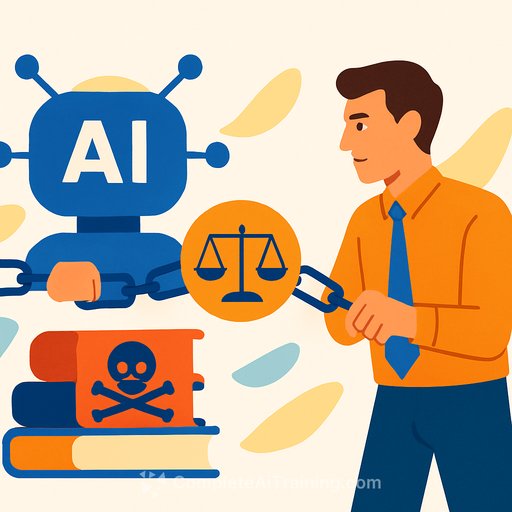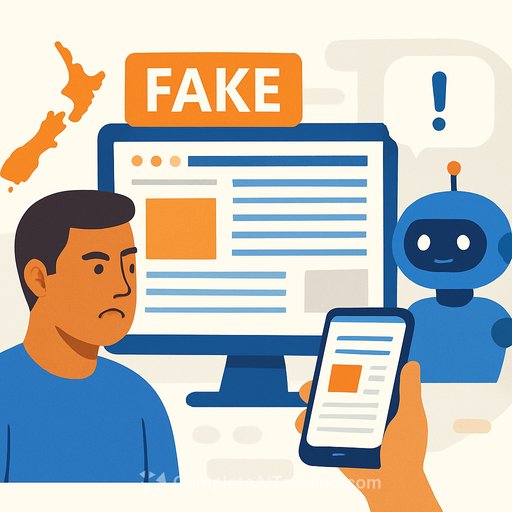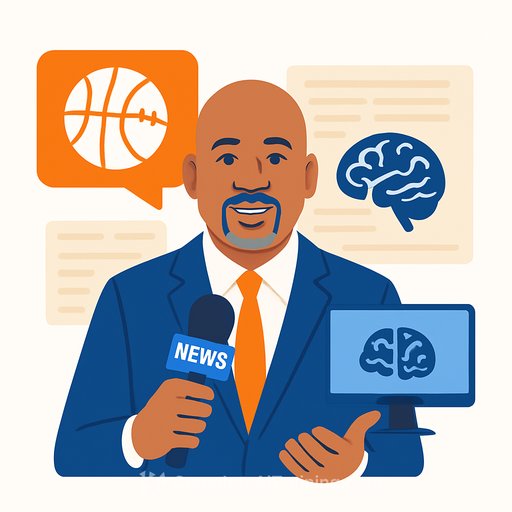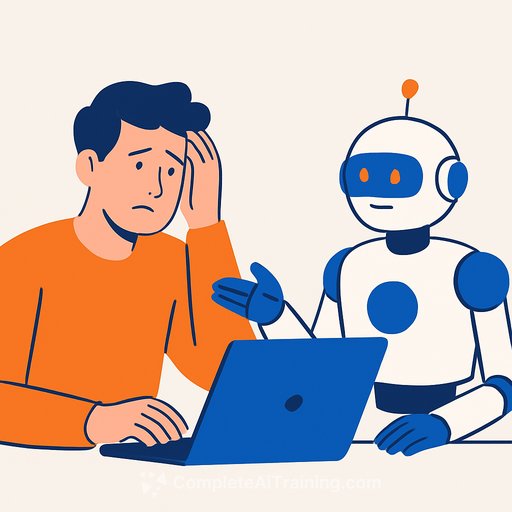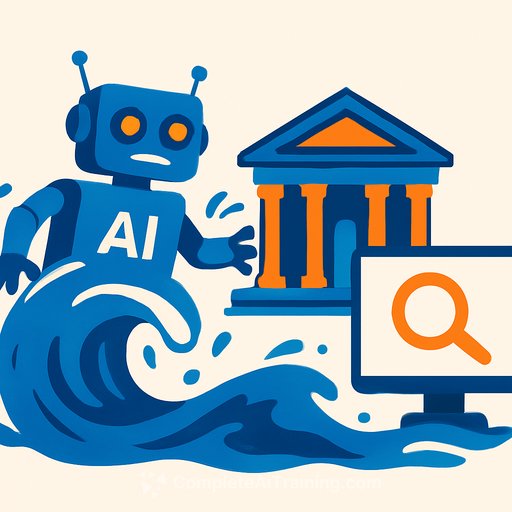Anthropic Settles AI Copyright Lawsuit with $1.5 Billion Agreement
Anthropic, an AI company known for its chatbot Claude, has agreed to pay $1.5 billion to settle a major class-action lawsuit filed by authors. The writers accused Anthropic of using unauthorized copies of their books to train its AI system.
The settlement, pending court approval, would distribute about $3,000 to each author for roughly 500,000 books involved. If approved, this would be the largest publicly reported copyright recovery to date.
Authors Guild Praises Settlement
The Authors Guild, representing thousands of writers, expressed strong support for the outcome. Its CEO, Mary Rasenberger, highlighted that the settlement sends a clear message to the AI industry about the consequences of using pirated works. She emphasized the importance of protecting authors, especially those with fewer resources.
Background of the Lawsuit
The case began last year, initiated by authors Andrea Bartz, Charles Graeber, and Kirk Wallace Johnson. They expanded their representation to include a broader group of writers and publishers after allegations surfaced that Anthropic downloaded millions of pirated books from websites such as Books3, Library Genesis, and the Pirate Library Mirror.
In June, U.S. District Judge William Alsup ruled that training AI on copyrighted books is not illegal by itself. However, he found that Anthropic had acquired more than 7 million digital works from piracy sources, which was unlawful.
Potential Impact if Case Went to Trial
Legal analysts warned that if Anthropic had lost at trial, the company could have faced financial damages in the billions, potentially threatening its survival. William Long, a legal analyst with Wolters Kluwer, noted that the losses could have crippled the company.
Broader Industry Context
This settlement comes amid increased scrutiny of AI companies. Recently, X Corp and X.AI filed an antitrust lawsuit against Apple and OpenAI, accusing them of monopolistic behavior in smartphone markets and generative AI chatbots.
Meanwhile, Texas Attorney General Ken Paxton has launched an investigation into Meta and Character.ai over concerns that their chatbots misled children by falsely claiming to provide therapeutic support, raising privacy and data use questions.
Why This Matters for Writers
- This settlement marks a significant win for authors defending their copyright against unauthorized AI training.
- It highlights the legal risks AI companies face when using copyrighted material without permission.
- Writers should stay informed about AI developments, as these issues will continue to affect royalties and rights.
For writers interested in learning more about AI tools and how to protect their work, resources like Complete AI Training offer practical courses tailored to creative professionals.
Your membership also unlocks:

